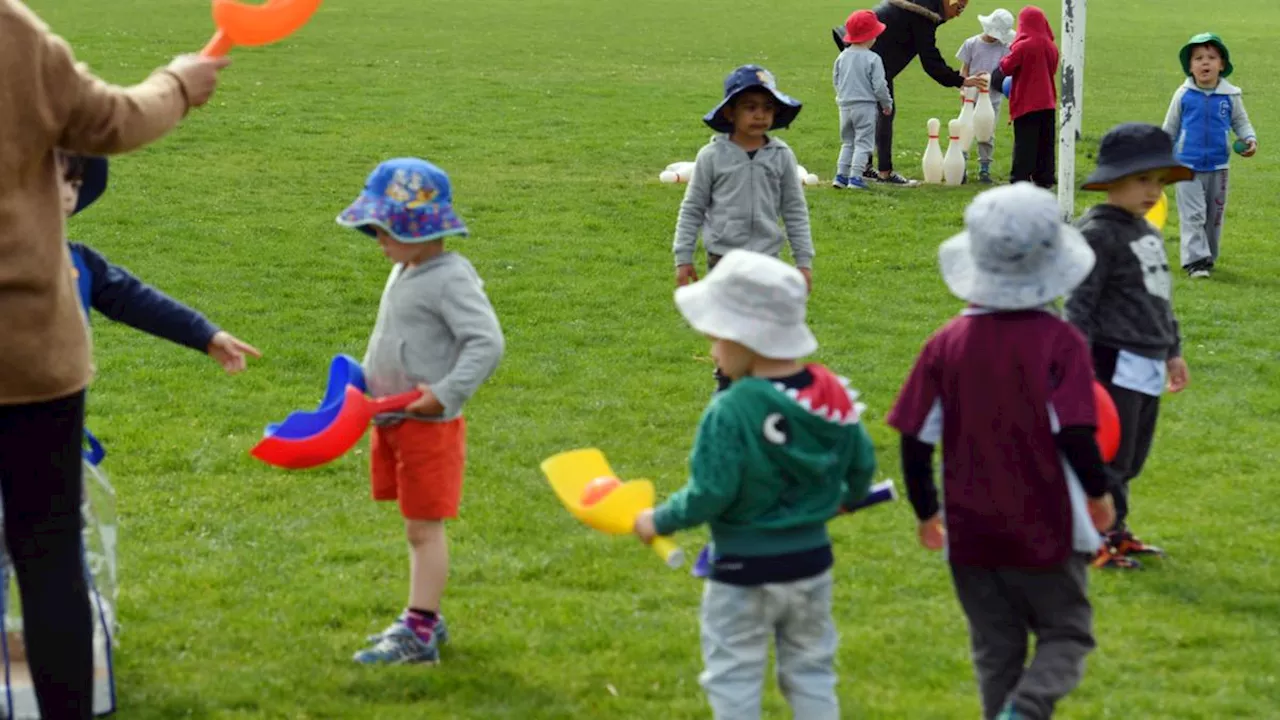A recent survey found one in five young people are experiencing financial hardship, with impacts on mental health and wellbeing. Experts say many young people are giving up on their dreams as cost-of-living pressures continue.
A recent survey has found one in five young people are experiencing financial hardship, with impacts on mental health and wellbeing.There are calls for more financial and housing support, as well as financial information for young people through a 'social transition passport'.They are only 18 and still in high school but feel life has been overshadowed by financial worry.
"Where we talk about the impact of the cost-of-living crisis on mental health and wellbeing, that comes back and impacts a person's ability to take part in activities, to do things that will help them succeed in the future.Of the almost 20,000 young people surveyed by Mission Australia for Orygen, one in five were experiencing financial hardship, with serious impacts on mental health and wellbeing.
"Most of my friends are making money themselves and not getting a lot of help from their families," they said. "We're meant to be excited about moving out to the city, but I have this fear of what it's going to cost to move and then just to exist there. And if I'll be able to get a job and if that job will pay enough."cost of living, climate concerns, social isolation and loneliness were drivers for the youth mental health crisis"It's so prevalent and so present for them that it's hard for them to escape.
"She's one of eight kids in her home, but she might have to abandon those plans to now step away from those dreams to meet the immediate needs at home. There's the guilt of having seven other siblings to support. "Knowing these things and how society works is something you're still learning, let alone if you're coping with mental health issues. And knowing where to go and who to speak to and how to solve problems.The report called for increased financial support, more housing options and opportunities for young people to engage with each others in their communities. Much of this has been recommended in the past.
Finance Cost Of Living Future Education Dreams Survey Stress
United States Latest News, United States Headlines
Similar News:You can also read news stories similar to this one that we have collected from other news sources.
 Australians have the biggest gambling losses in the world, damning new report findsA so-called &x27;lax approach&x27; has made Australians the biggest gambling losers in the world, according to a damning report that slams Australia for letting the industry "run wild&x27;.
Australians have the biggest gambling losses in the world, damning new report findsA so-called &x27;lax approach&x27; has made Australians the biggest gambling losers in the world, according to a damning report that slams Australia for letting the industry "run wild&x27;.
Read more »
 Report finds Australians want more flexible work arrangementsA new report shows the changing priorities for Australians when it comes to their workplace arrangements. It reveals people are putting more emphasis on how their employers give them the flexibility they need to make room for other aspects of their life without running the risk of burning out.
Report finds Australians want more flexible work arrangementsA new report shows the changing priorities for Australians when it comes to their workplace arrangements. It reveals people are putting more emphasis on how their employers give them the flexibility they need to make room for other aspects of their life without running the risk of burning out.
Read more »
 Childcare is near non-existent for 700,000 Australians, new report reveals7NEWS brings you the latest local news from Australia and around the world. Stay up to date with all of the breaking sport, politics, entertainment, finance, weather and business headlines. Today's news, live updates & all the latest breaking stories from 7NEWS.
Childcare is near non-existent for 700,000 Australians, new report reveals7NEWS brings you the latest local news from Australia and around the world. Stay up to date with all of the breaking sport, politics, entertainment, finance, weather and business headlines. Today's news, live updates & all the latest breaking stories from 7NEWS.
Read more »
 Australians finding it too difficult to cancel subscription services, report finds7NEWS brings you the latest local news from Australia and around the world. Stay up to date with all of the breaking sport, politics, entertainment, finance, weather and business headlines. Today's news, live updates & all the latest breaking stories from 7NEWS.
Australians finding it too difficult to cancel subscription services, report finds7NEWS brings you the latest local news from Australia and around the world. Stay up to date with all of the breaking sport, politics, entertainment, finance, weather and business headlines. Today's news, live updates & all the latest breaking stories from 7NEWS.
Read more »
 Government 'glossed over' the 'troubling' findings of Great Barrier Reef report, experts sayThe five-yearly Great Barrier Reef Outlook Report has been released but some experts are saying the 'upbeat tone of the key findings contrast with the troubling detail held within the report'.
Government 'glossed over' the 'troubling' findings of Great Barrier Reef report, experts sayThe five-yearly Great Barrier Reef Outlook Report has been released but some experts are saying the 'upbeat tone of the key findings contrast with the troubling detail held within the report'.
Read more »
 We eat more when feeling bored or upset and less when we're happy, CSIRO analysis revealsA CSIRO survey of almost 2,000 Australians saw 55 per cent of participants report eating more when feeling depressed, and 46 per cent report eating less when feeling happy.
We eat more when feeling bored or upset and less when we're happy, CSIRO analysis revealsA CSIRO survey of almost 2,000 Australians saw 55 per cent of participants report eating more when feeling depressed, and 46 per cent report eating less when feeling happy.
Read more »
